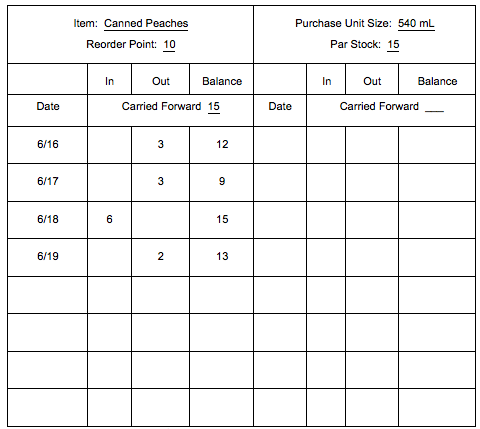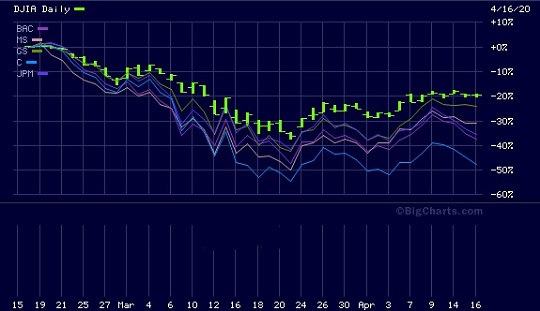The world of investing is constantly evolving, with new opportunities emerging every day. One sector that has seen significant growth and potential for investors is the food industry. As people’s preferences and habits change, investing in food stocks has become a lucrative opportunity for those looking to diversify their portfolios.
In this article, we will explore the rise of food stocks, understand the basics of investing in this sector, discuss factors to consider before making an investment, analyze successful case studies, highlight the risks associated with food stock investments, provide tips for successful investing, and present some notable food stock opportunities.
So let’s dig in and discover how investing in food stocks can be a rewarding endeavor.
The Rise of Food Stocks
The global demand for food is skyrocketing as populations increase and economies thrive. This has created a booming food industry with diverse investment opportunities. From agricultural companies to restaurant chains, the sector is dynamic and constantly evolving.
Investing in food stocks offers substantial growth potential. Changing dietary habits and health-consciousness drive demand for healthier alternatives and innovative products. Emerging food trends create exciting investment prospects within this sector.
Food stocks are attractive because food is a fundamental necessity, making the industry recession-resistant. Even during economic downturns, people still need to eat. By strategically investing in well-performing food stocks, investors can benefit from stable returns and potentially high profitability.
In summary, the rise of food stocks presents a lucrative opportunity in a thriving industry. With increasing global demand and changing consumer preferences, investing in well-performing food stocks can lead to stable returns and significant growth potential.
Understanding the Basics of Investing in Food Stocks
Investing in food stocks involves buying shares of companies involved in the food industry. These companies can be agricultural, processing and manufacturing, or restaurant chains. Agricultural companies contribute to the food supply chain by cultivating crops and raising livestock.
Processing and manufacturing companies transform raw products into processed foods and beverages. Restaurant chains operate multiple dining establishments. To make informed investment decisions, consider market trends and consumer preferences. Research different types of food stocks to align with your investment goals.
Factors to Consider Before Investing in Food Stocks
Investing in food stocks requires careful consideration of market trends, consumer preferences, and financial performance. Researching changing dietary habits and health-consciousness helps identify growth areas within the industry.
Staying updated on emerging food trends like plant-based diets or gluten-free products provides valuable insights for investment opportunities. Evaluating revenue growth, profitability ratios, debt levels, and cash flow management helps determine a company’s financial stability.
By considering these factors, investors can make informed decisions that maximize their chances of success in the food stock market.
Successful Food Stock Investments
Investing in the food industry can be highly profitable. By studying successful case studies, investors can gain valuable insights into factors that contribute to success. One such example is Beyond Meat, a company revolutionizing the food industry with plant-based protein alternatives.
Beyond Meat has capitalized on the growing demand for sustainable and healthier options. Their strong brand positioning, partnerships with renowned restaurants and retailers, and expanding distribution channels have contributed to their success. Financially, Beyond Meat has demonstrated impressive revenue growth and profitability.
This case study highlights the potential for investing in innovative food companies that cater to evolving consumer preferences. By staying attuned to market trends, investors can tap into the immense opportunities within the food industry.
Risks Associated with Investing in Food Stocks
Investing in food stocks carries inherent risks, including market volatility and shifting consumer preferences. Fluctuations in commodity prices can impact the profitability of agricultural companies, driven by factors like weather conditions, supply/demand dynamics, and government policies.
Consumer preferences for healthier or alternative options can negatively affect traditional restaurant chains that fail to adapt. Processed food manufacturers face regulatory challenges and health concerns related to additives and preservatives. Compliance with changing regulations can pose difficulties, potentially impacting financial performance.
Investors must stay informed about these risks to make informed decisions in the dynamic food industry.
Tips for Successful Investing in Food Stocks
Diversify Your Portfolio: Invest in a mix of agricultural companies, food processing firms, and restaurant chains to spread your investments across different segments of the food industry and mitigate risk.
Stay Updated on Market Trends: Keep abreast of market trends, emerging technologies, regulatory changes, and consumer preferences by regularly reading industry publications and following relevant news sources.
Seek Expert Advice: Consult with financial advisors specializing in the food industry who can provide valuable guidance based on thorough research and market analysis.
Monitor Supply Chain Resilience: Evaluate a company’s commitment to responsible sourcing, environmentally friendly manufacturing processes, and waste reduction efforts to align with growing consumer preferences.
Evaluate Financial Performance: Assess a company’s financial performance, growth potential, market share, product innovation, and expansion plans when considering investments in food stocks.
By following these tips, investors can position themselves for success in the competitive world of food stocks while managing risks effectively.
Diversify Your Portfolio: Exploring Lucrative Opportunities in Food Stocks
Investing in food stocks provides a promising opportunity for portfolio diversification. The increasing demand for healthier options, evolving consumer preferences, and emerging food trends create an exciting landscape for potential growth within the industry.
With a rising global demand for nutritious and sustainable products, companies focusing on organic foods, plant-based alternatives, and sustainable farming practices are well-positioned for success.
Additionally, changing consumer behavior towards convenience and quality presents opportunities in ready-to-eat meals, meal kits, and online grocery delivery services.
Investors can also benefit from emerging food trends like alternative protein sources and personalized nutrition. However, thorough research and evaluation of financial performance indicators are essential before making investment decisions. Staying updated on market trends and seeking expert advice further enhances confidence.
General Mills
When it comes to diversifying your investment portfolio, General Mills emerges as an enticing opportunity in the food stock market. With its extensive range of products encompassing cereals, snacks, and various food categories, General Mills has firmly established its presence in the industry.
Boasting a strong brand recognition and customer loyalty, this company proves to be a promising option for investors seeking stable returns.
General Mills’ success can be attributed to its unwavering commitment to quality and innovation. The company continuously strives to meet the evolving needs and preferences of consumers, ensuring that their brands remain relevant in an ever-changing market.
By consistently delivering products that resonate with customers, General Mills has fostered trust and loyalty among its consumer base.
Moreover, General Mills’ international expansion efforts have significantly contributed to its growth and market reach. By venturing into new markets around the globe, the company has been able to tap into diverse consumer demographics and expand its customer base beyond domestic borders.
This strategic move not only strengthens General Mills’ position as a global player but also opens up new avenues for potential growth.
In terms of financial stability, General Mills has consistently demonstrated impressive performance over the years. The company’s solid financial track record instills confidence in investors who prioritize long-term profitability.
Additionally, General Mills’ commitment to sustainable practices positions it favorably within an increasingly conscious market environment.
Investing in General Mills presents an opportunity for investors seeking stability in a volatile market landscape. With its diversified product portfolio, strong brand recognition, and international expansion initiatives, this food stock offers a solid foundation for building a robust investment portfolio.
| Key Points |
|---|
| – Diversified product portfolio |
| – Strong brand recognition |
| – International expansion efforts |
| – Financial stability |
| – Commitment to sustainability |
[lyte id=’q7yInbYLBX8′]







